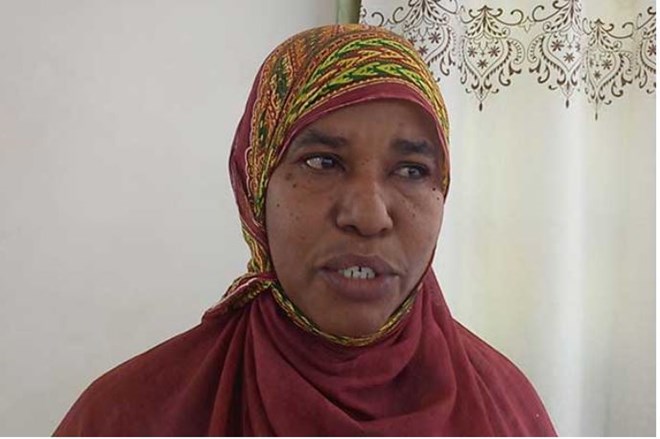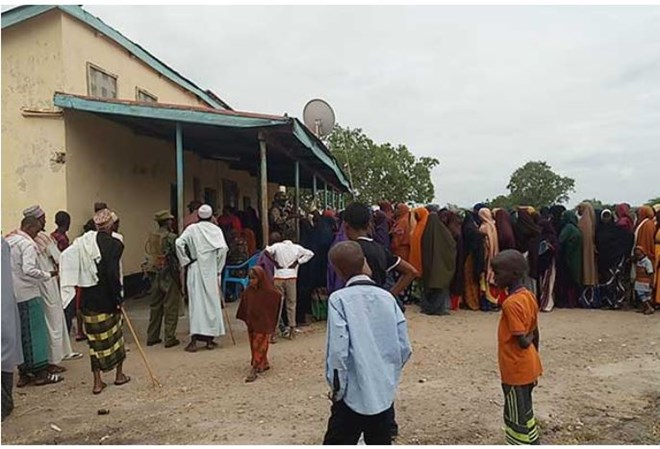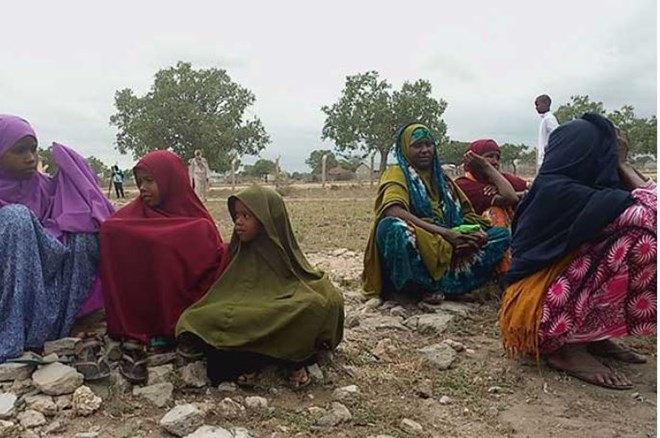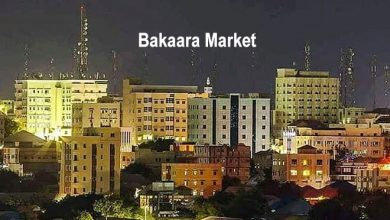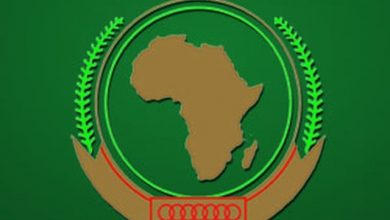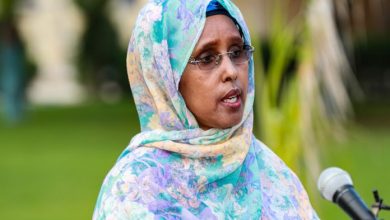Mothers suffer as hospitals in Boni closed after Shabaab attacks
The closure of most dispensaries and health centres in areas earmarked for the ongoing multi-agency security Operation Linda Boni has subjected expectant mothers and children to immense suffering.
The closure of most dispensaries and health centres in areas earmarked for the ongoing multi-agency security Operation Linda Boni has subjected expectant mothers and children to immense suffering.
The operation, whose objective is to flush out Al-Shabaab militants believed to be hiding inside the expansive Boni Forest, was launched by the national government in 2015.
It covers three counties of Lamu, Tana River and Garissa.
BORDER VILLAGES
A survey by the Nation this week established that expectant women and children, especially those living in villages close to the Somalia border, cannot access the much needed medical services.
Those interviewed in Kiunga, Ishakani, Mkokoni, Madina and Basuba in Lamu East as well as Kotile at the border of Garissa and Tana River counties, complained about the poor state of dispensaries in their areas, most of which have remained closed for the past four years due to insecurity caused by Al-Shabaab.
Locals say that the few dispensaries which are open in the region have no drugs and that the infrastructure is also poor and cannot adequately cater for their health needs.
MOTHERS DIE
Reports indicate that a number of pregnant women have died after failing to get medical care in the border villages.
Mrs Ferdaus Sharif, a social worker in the region, says the number of pregnant women dying due to avoidable complications is alarming and that something needs to be done before the trend turns into a real disaster.
Mrs Sharif says the few dispensaries which are serving the locals are located many kilometres away and that the pregnant women have to trek for hours to access medical care.
“I am from Kiunga Village. It is unfortunate that a whole division has only one dispensary which is also poorly equipped. You can imagine the immense population coming from all over to seek medical care. The workers are also few.
“Most of the time you visit the dispensary you end up being referred to either Faza or Lamu Town which is hundreds of kilometres away. Transport is a problem since you have to hire a boat which is very expensive.
“We are now concerned about the number of pregnant women dying even before reaching hospital. The situation is not good,” said Mrs Sharif.
Mrs Ferdaus Sharif, a social worker in Kiunga. She complained over lack of maternal services in the area. PHOTO | KALUME KAZUNGU | NATION MEDIA GROUP
APPEALS TO COUNTY
There have been appeals to the county government to set up a sub-county hospital in the region so as to reduce the stress locals go through to get medical care.
Mrs Hawa Shebwana, a mother and resident of the border village of Ishakani, said many mothers are forced to risk carrying their pregnancies to term without attending a single ante-natal clinic since the facilities are located far away and cannot be reached by many who are unable to cover the long distances.
“The situation is worrying here. To get hospital services, you have to go to Kiunga Town. The unfortunate thing is that many women who risk doing this die along the way. I was lucky to have done that thrice and survived. We need the ante-natal clinics but we can’t reach them so most of the time we just go without them,” said Mrs Hawa.
Residents queue at Kotile Dispensary as they receive treatment from KDF personnel. Most public health centres in the area have closed down. PHOTO | KALUME KAZUNGU | NATION MEDIA GROUP
TRADITIONAL HEALERS
In extreme cases locals have had to turn to herbalists and traditional healers for treatment.
The bad road network and terrain has also added to the challenges, making it impossible for locals to reach dispensaries.
“We are forced to give birth at home. Our roads are so bad and the insecurity caused by Al-Shabaab has even made it worse. You can’t ferry a pregnant woman on such bad roads and expect her to reach the dispensaries safe,” said Mrs Fatma Delo from Basuba village.
At Kotile, women are forced to give birth under trees as they try to seek hospital services located far away from their destinations.
Mrs Saharla Shurie called on the government to consider setting up a maternity hospital for the women in Kotile and its environs.
“We have lost so many mothers and babies because of the situation with others being forced to give birth under trees here. We need urgent maternity services,” said Mrs Shurie.
Women and children await treatment from KDF personnel at Kotile Dispensary as they receive. PHOTO | KALUME KAZUNGU | NATION MEDIA GROUP
DISPENSARIES CLOSED
In Basuba Ward in Lamu East, most of the dispensaries were closed down following frequent attacks and threats by Al-Shabaab militants.
The dispensaries which were closed due to Al-Shabaab threats include Basuba, Mangai and Milimani.
Most health workers in the region fled between 2015 and 2016 for fear of their security and since then, the dispensaries have not been reopened.
In August 2015, a group of over 100 suspected Al-Shabaab militants invaded the Mangai Dispensary and took drugs, torched and vandalised it completely.
But locals say the existing insecurity situation has led to marginalisation of the region in terms of crucial amenities especially healthcare.
Locals now want the government to stop marginalising them and instead strive to put up the necessary infrastructure.
